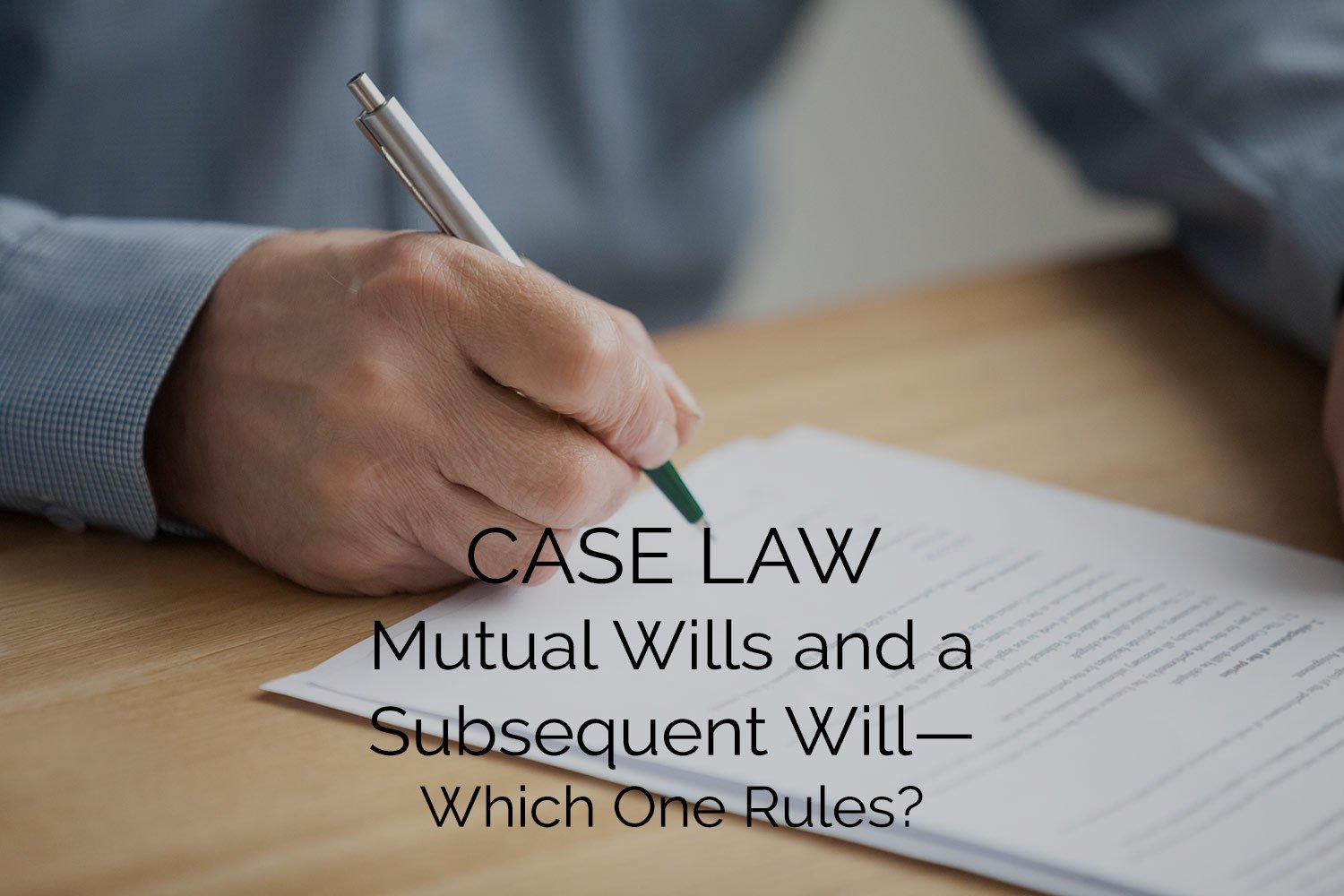
November brought with it changes to California’s real property taxation laws. Proposition 19 passed narrowly and modified laws which were already on the books. Let’s take a look at the old rules and then how the new rules will work.
In many places in California, real property has been sky-rocketing in price in the last several decades. Having real property reassessed with regard to taxes could bring with it hefty tax bills; laws were put into place to curtail the rising tax issues.
Proposition 13 has been law in California since 1978, as an amendment to their Constitution. Proposition 13 dictated that the rate of increase of property assessments would be tied to an inflation factor and could not be greater than 2 percent each year. Also, it provided a limit on property taxes to 1 percent of the assessed value. Finally, it prohibited a reassessment on real property unless there was a change in ownership or the home was new construction.



